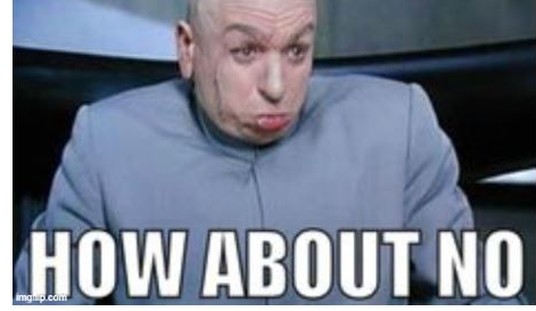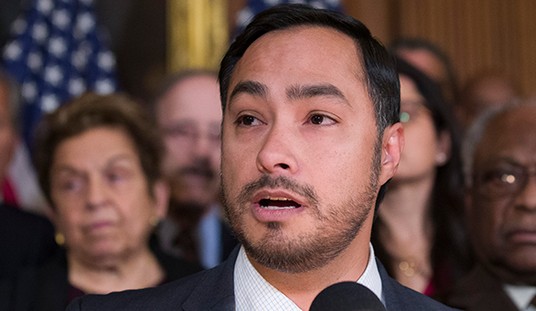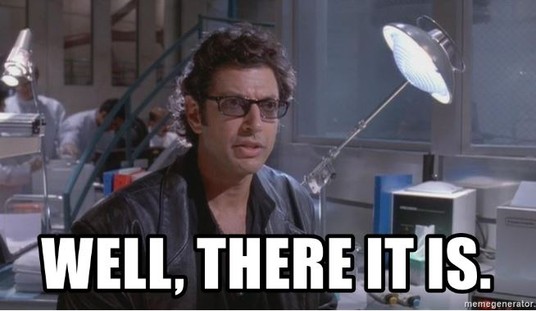A new study from the Kaiser Family Foundation has found that Republican voters in Sun Belt states embraced absentee voting in 2020 despite telling pollsters months before the election that they would be voting in person:
Our friends @KFF did a deep dive into 2020 Sun Belt polling. One key finding, esp. as GOP state legislatures pass restrictive absentee voting laws, is that a lot more R voters voted by mail than said they would back in Sept. ‘20. https://t.co/olRk608Djt
— Amy Walter (@amyewalter) May 19, 2021
This suggests “that making voting by mail more difficult could end up hurting Republicans more than they realize”:
An analysis of the 2020 electorate in three key Sun Belt states, North Carolina, Arizona and Florida by @AshleyKirzinger & @audrey__kearney suggests that making voting by mail more difficult could end up hurting Republicans more than they realize. https://t.co/olRk608Djt
— Amy Walter (@amyewalter) May 19, 2021
More from the study:
While Trump encouraged GOPers to vote in person (falsely claiming vote by mail was fraudulent) @KFF found that Republicans "actual voting method did not exactly match their self-reported plans on voting method back in September."https://t.co/olRk608Djt
— Amy Walter (@amyewalter) May 20, 2021
And:
While just 23% of Republicans in Florida, Arizona and North Carolina told KFF pollsters that they planned to vote by mail, almost two-thirds of them (62%), ultimately cast a ballot absentee. https://t.co/olRk608Djt
— Amy Walter (@amyewalter) May 20, 2021
The study also found a large number of Hispanic voters sat out 2016 but voted in 2020:
What we know about: Hispanic voters
Over one-third of Hispanic voters who were eligible in 2016, but chose not to vote, chose to vote in 2020 (an additional 12% of Hispanic voters were newly eligible for this historic election). pic.twitter.com/jZnMHB5Rtb
— Ashley Kirzinger (@AshleyKirzinger) May 19, 2021
But unlike in 2016, late deciders did not break for Trump :
What we know about: late deciders
In 2016 there was some evidence that many late deciding voters went disproportionately for President Trump in key battleground states. This does not seem to be the case in 2020. pic.twitter.com/wFt9adMr7d
— Ashley Kirzinger (@AshleyKirzinger) May 19, 2021
But they’re still searching for how pollsters got 2020 so, so wrong:
What we don't know: still so much
But we are working hard to understand how polling’s failure to include or appropriately weight for a certain group of voters produced error that could explain a large portion of the polling error during the 2020 election.
— Ashley Kirzinger (@AshleyKirzinger) May 19, 2021
***
























